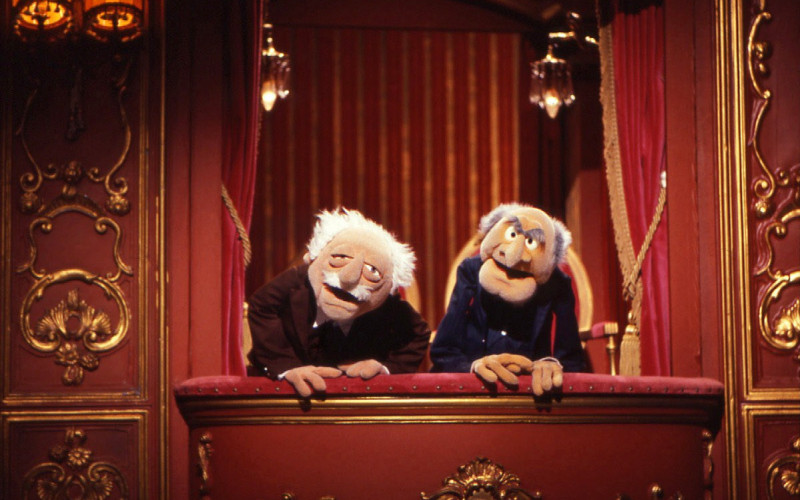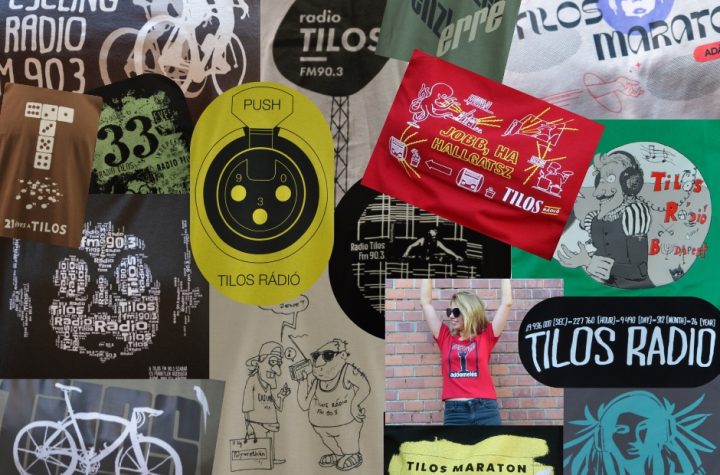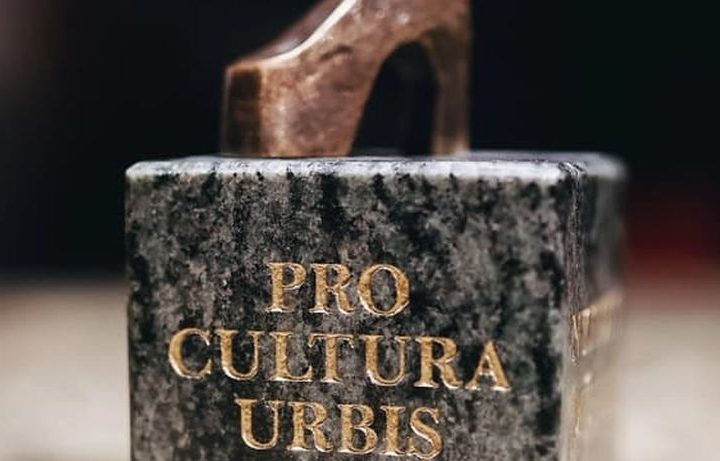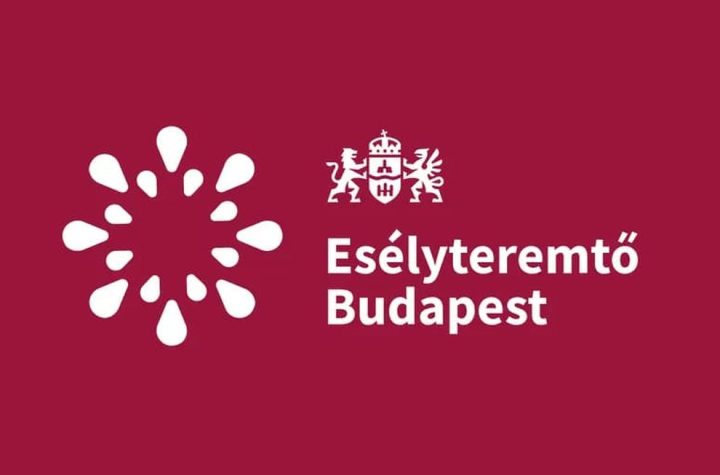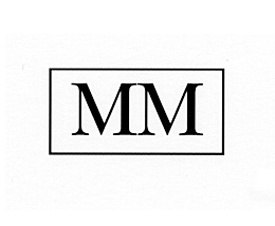
Applications for publication grants will be considered only for book-length scholarly manuscripts in the history of art, visual studies, and related subjects that have been accepted by a publisher on their merits, but cannot be published in the most desirable form without a subsidy. Applications are judged in relation to two criteria: (1) the quality of the project; and (2) the need for financial assistance. Although the quality of the manuscript is the sine qua non for a grant, an excellent manuscript may not be funded if it is financially self-supporting.
In general, the purpose of the grant is to support presses in the publication of projects of the highest scholarly and intellectual merit that may not generate adequate financial return. The jury is particularly sympathetic to applications that propose enhancing the visual component of the study through the inclusion of color plates or an expanded component of black-and-white illustrations. Expenses generated by exceptional design requirements (maps, line drawings, charts, and tables) are also suitable for consideration. Permission and rental fees/reproduction rights, especially in cases where they are burdensome, are also appropriate.
Reader’s Reports
Reader’s reports should be anonymous to the author but include the name of the reviewer and date of review for the benefit of the jury (to be kept confidential), and they should not be more than three years old. The reports must be substantive, analytical evaluations of the complete manuscript. Mere endorsements are not acceptable. The author’s response to the reports should be included with the application so that the current state of the manuscript is made clear. The Meiss Jury does not admit reports written by the author’s dissertation adviser or other interested parties, such as a series editor. Note that reader’s reports are a significant and influential element of the grant application.
Eligible Applicants
Awards are open to publishers of all nations. Commercial, university, and museum presses are all eligible. Applicant authors must be individual CAA members, and presses must be institutional CAA members. University presses can be eligible under the CAA membership of the university. Self-published manuscripts are not eligible for this grant. While all periods and all areas of art history and visual studies may be considered, eligibility does not embrace excavation or other technical reports, articles, previously published works (including collections of previously published essays), or congress proceedings.
Within a calendar year, a press may submit the same manuscript for a Meiss Grant and a Wyeth Grant, but a book that wins one CAA publishing grant is ineligible to receive another CAA-administered grant and will be removed from consideration for the other grant. A project that has been rejected for a grant may not be resubmitted to the same grant, except in a rare case where substantial revision has been made to the material, and the publisher has so noted in the application. At its discretion, the jury may decline to review the resubmitted application. Publishers are encouraged to submit no more than two or three books for consideration in any one grant period, except in extraordinary circumstances.
SCHEDULE
The jury meets to consider awards twice annually, in the spring and fall. To be considered at the spring meeting, completed applications must be received at the CAA office no later than March 15. To be considered at the fall meeting, applications must be received no later than September 15. Awards are made in May and November, and publishers receive notification of awards within four to six weeks.
Preparing the Budget
When preparing the budget, the publisher should be as specific as possible about costs and the use to which grant monies will be put as the jury carefully considers financial information when making an award. The grant sum is intended to be less than the total cost of production; that is, a substantial portion of production costs must be met by the publisher or be from other sources. The overhead costs of a parent organization, such as a university or office of a university, may not be included in the budget, and Millard Meiss Publication Fund monies may not be used for such costs. Award amounts are determined by the jury.
Application Process
Applications must be submitted by the publisher; applications submitted by authors will not be accepted. The publisher gathers all materials listed in the checklist below and submits them via the online application portal, powered by the Conference Exchange.
Checklist
The publisher submits all components as follows as separate PDFs:
- A detailed budget – The jury carefully considers financial information when making an award
- Publisher’s cover letter†
- Partial manuscript, including:
- Table of contents
- Introduction and one or two sample chapters
- Picture list or illustration program
- Sample images (include figure numbers and captions) and a description of the illustration program (if any)*
- Sample bibliography (five pages minimum; a full bibliography is preferred)
- Manuscript reviews§
- All materials prepared by author, as listed below
- Prepared by the author and forwarded to the publisher:
- Author’s curriculum vitae (include dates of degrees and page numbers of published articles)
- Narrative description or abstract of the manuscript (two pages maximum)
- Author’s response to the (anonymous) readers’ reports (dated, with state-of-progress report if older than one year)
PORTAL
Only an Individual CAA Member ID or non-member CAA ID will allow you to sign into the submission forms. If you do not have an ID, please contact our membership department.
Institutional Member IDs can not be used to create a submission.
If you are having trouble logging in, try a different browser. We recommend Chrome to alleviate login issues.
Make sure to start your application well in advance to avoid last-minute technical issues.
Deadline
The application deadline for 2020 has passed.
Biannual deadlines of March 15 and September 15 (2020 deadline extended to October 1)
The publisher or editor’s cover letter should describe the importance of the work, detail for what purpose(s) the grant is needed, and articulate how this project meets the criteria of the grant. It is also helpful for the letter to place the book in the context of the publisher’s program or plans, since the award supports the press, not the author. The cover letter should also include the amount of grant requested.
§Two or more substantive, analytical peer reviews or readers’ reports of the manuscript, addressing originality, significance of the scholarly contribution, and quality of the research and prose, and written by reviewers who are authorities on the material of the book. Note that readers’ reports are a significant and influential element of the grant application. Reader’s reports should be anonymous to the author but include the name of the reviewer and date of review for the benefit of the jury (to be kept confidential) and should not be more than three years old. The author’s response to the reports should be signed and included with the application, so that the current state of the manuscript is made clear. If the author’s response is older than one year, a state-of-progress report should be included. Reports written by the author’s dissertation adviser or other interested parties, such as a series editor, are ineligible for application to this award.
*Sample illustrations must be included in any application which requests funds for images
Contact
Questions? Please contact Cali Buckley, Grants and Special Programs Manager, at cbuckley@collegeart.org.
Millard Meiss Publication Fund – Publishing Grant










